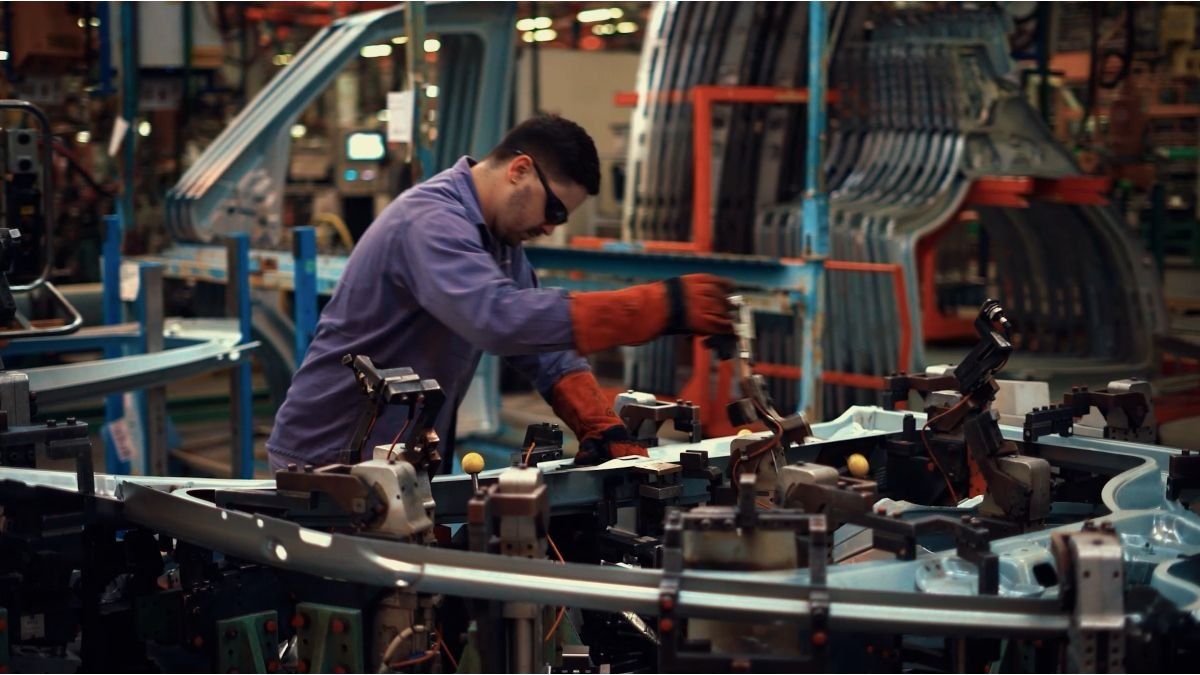These data come from the study published in conjunction with the Production Studies Center (CEP XXI)which indicates that there are almost 10,000 firms (mostly MSMEs) that are protagonists of the sector.
DEAD COW OIL.jpg
In order to increase the productivity and competitiveness of companies, SEPYME assisted between 2020 and 2021 3,115 companies that are part of this value chain. The support materialized through direct credits and through banking entities with rate subsidies and guarantees, non-reimbursable contributions (ANR), training and technical assistance.
The oil and gas sector is a chain where a substantial number of MiPyMEs Electronic Credit Invoices are traded month after month.
In particular, driven by MSMEs suppliers of YPF SAsubsidiaries, associates and businesses that together made a substantial contribution, discounting in 2021 a total of almost $8.5 billionthis being 48% of the total.
In this sense, the owner of the Secretariat of Small and Medium Enterprises and Entrepreneurs (SEPYME)Guillermo Merediz, said: “We have identified more than 100,000 employer MSMEs that they sell to large companies in different parts of our country and are part of their value chain.”
The support from the Secretariat, said Merediz, provides “tools to support and accompany the development of this group of MiPyMEs and strengthen their productive capacity, the generation of job and contribute to its economic growth.
MSMEs in the hydrocarbon sector
The data was published in a recent study carried out between SEPYME and CEP XXI, where it appears that there are almost 10,000 signatures (mostly MSMEs) who are protagonists of the value chain of the oil and gas sector.
The survey showed that the value chain in Argentina is made up of 37 large companies that buy goods and hire services from 9,957 companies, of which 7,734 are MSME employers (77% of the total).
It is estimated that these 7,734 MiPyMEs create some 220,000 jobs and pay salaries that double the average of companies in the SME sector operating in Argentina.
Petroleum

In turn, as these companies contract goods and services from others, there are large companies that are also suppliers to the chains, the indirect employment generated by the sector is even greater: about 325,000 jobs.
It is worth bearing in mind that the multiplier effect of the oil and gas sector is the highest in the economy, with 5.1 indirect jobs for each direct job. Given that the oil and gas sector has 65,000 registered jobs, the report indicates that the total employment of the chain exceeds 390,000.
It should be noted that the MSMEs that supply the hydrocarbon sector are consolidated companies in their activity markets.
Importance of MSMEs in the hydrocarbon sector
Nine out of ten MSME suppliers in the oil and gas chain have been in operation for more than 5 years, with a preponderant participation of small (42%) and medium-sized companies (17%), percentages higher than the general average of the economy.
Finally, this activity is capable of developing part of its value chain in the same territory in which it operates. A strong density of SME suppliers is observed in the Buenos Aires – Rosario – Córdoba corridor, but also around centers of influence such as cities such as Neuquén (and the Alto Valle del Río Negro), Mendoza, Mar del Plata, Bahía Blanca, Tucumán, Salta and Comodoro Rivadavia.
Source: Ambito
David William is a talented author who has made a name for himself in the world of writing. He is a professional author who writes on a wide range of topics, from general interest to opinion news. David is currently working as a writer at 24 hours worlds where he brings his unique perspective and in-depth research to his articles, making them both informative and engaging.




